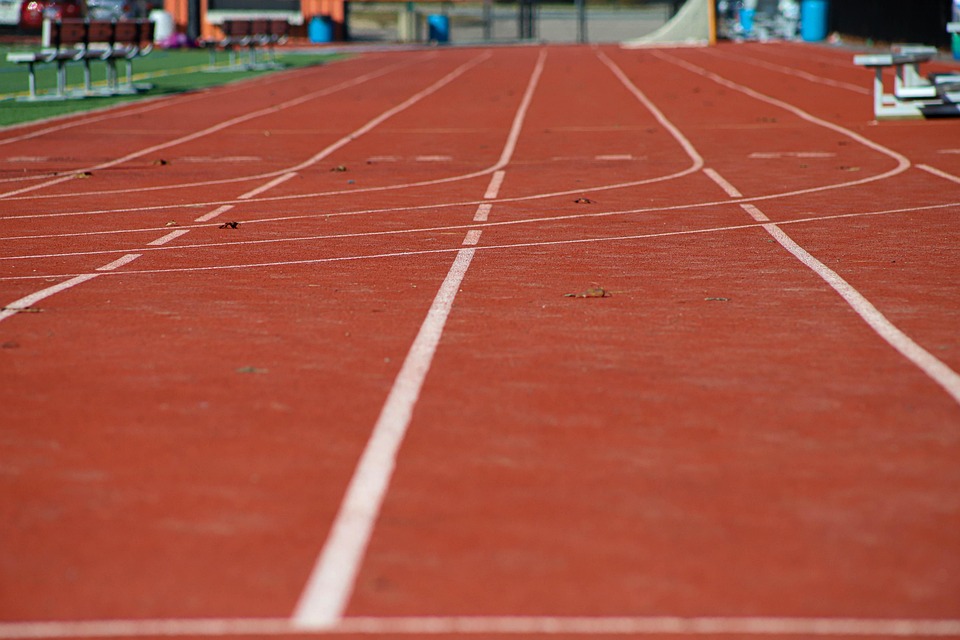The Olympics is the pinnacle of athletic achievement, a stage where the world’s most exceptional athletes converge to showcase their skills, determination, and resilience. But behind the glittering medals and roaring crowds lies a complex web of preparation that spans years, involving not just athletes, but coaches, sports scientists, nutritionists, and psychologists. This article will unravel some of the behind-the-scenes elements that play a crucial role in preparing athletes for the Olympic stage.
The Road to Success: Training Regimens
From the moment athletes commit to their Olympic dreams, their training intensifies. Regimens vary among sports but share common themes: commitment, precision, and adaptation. Most elite athletes engage in rigorous training schedules that can last anywhere from 20 to 40 hours a week, depending on the sport.
Tailored Training Plans
Coaches develop individualized training plans that cater to the specific needs of athletes. This includes physical conditioning, skill refining, and strategy development. For example, a swimmer’s regimen is vastly different from that of a sprinter; the former might emphasize endurance, while the latter focuses on explosive speed. Coaches frequently analyze performance data to tweak these plans, ensuring that athletes peak at the right moment—typically the Olympic Games themselves.
Cross-Training and Recovery
Athletes also integrate cross-training into their schedules. This variety not only enhances overall fitness but also helps to prevent injuries. Recovery protocols, including physical therapy, massage therapy, and sleep optimization, play an indispensable role in ensuring athletes bounce back stronger after intense training cycles. Proper recovery is often prioritized equally with training, as it can mean the difference between competing and sidelining due to injury.
The Role of Nutrition
Nutritionists work hand-in-hand with athletes to determine optimal meal plans that fuel their bodies, enhance performance, and promote recovery. Every calorie consumed is strategic, designed to support intense training regimens and maximize performance.
Meal Planning and Supplements
Dieticians develop customized meal plans, often rich in carbohydrates for energy, proteins for muscle repair, and healthy fats for overall well-being. They also consider hydration strategies, essential for maintaining peak physical performance. Many athletes turn to nutritional supplements to fill any gaps, including proteins, electrolytes, and vitamins, ensuring they meet their specific health and performance goals.
Mental Conditioning
While physical preparation is crucial, the psychological aspect cannot be understated. Mental conditioning becomes progressively vital as the Olympic Games approach. Many athletes work with sports psychologists to build mental toughness and emotional resilience, focusing on techniques such as visualization and mindfulness.
Overcoming Mental Barriers
Athletes face immense pressure during the Games, not just from competitors but from their national expectations. Many undergo mental resilience training to overcome fear of failure and anxiety. Techniques like cognitive behavioral therapy (CBT) help athletes manage their thoughts and feelings, enabling them to focus during critical moments in competition.
Physical Health Monitoring
With intense training and competition comes the risk of injuries. Sports scientists play a pivotal role in monitoring athletes’ physical health through advanced technologies, including performance analytics and biometric assessments. Regular check-ups ensure any potential injuries are caught early, enabling timely interventions.
The Use of Technology
Wearable technology and sports performance software can provide critical data on athletes’ heart rates, motion dynamics, and physical stresses. By analyzing this data, trainers can make informed decisions to tweak training loads, monitor fatigue levels, and predict potential injuries, ensuring athletes stay in optimal condition leading up to their events.
Team Dynamics and Support Systems
Behind every successful Olympian is a dedicated support team comprised of coaches, trainers, psychologists, and family. This network fosters a supportive environment crucial to mental and emotional well-being.
Building a Cohesive Team
Athletes often spend years building trust and communication with their coaches and support staff. Frequent team-building exercises reinforce relationships and improve collaboration among team members, which can enhance performance, especially in team events.
Conclusion
The journey to the Olympic stage is a delicate orchestration of physical training, mental fortitude, nutritional science, and teamwork. The result is not merely the manifestation of an athlete’s capability but the cumulative effort of countless individuals dedicated to their success. As the Olympic flame approaches, it serves as a reminder that behind every medal is a tapestry of preparation that defines true athletic excellence.



